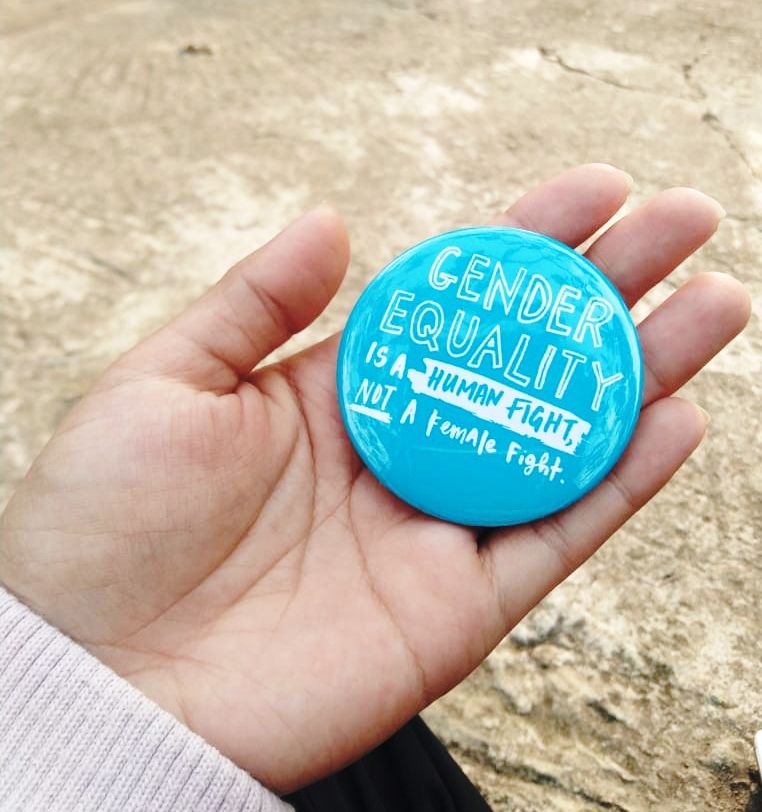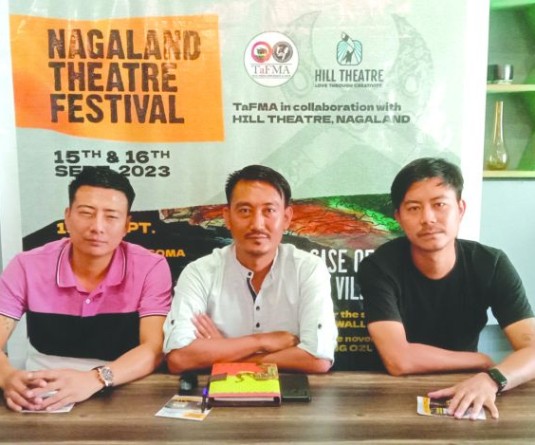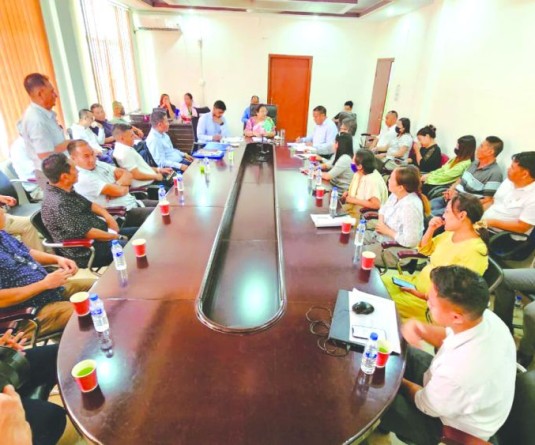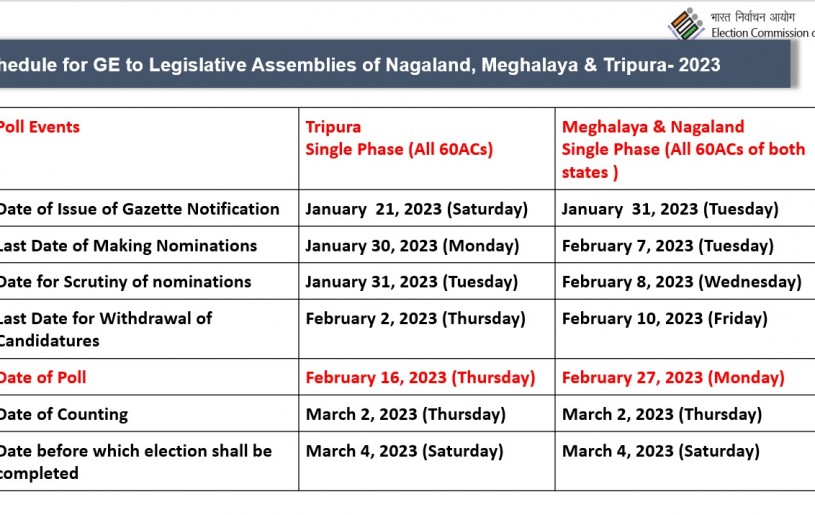Naga men on board for advancing gender equality and inclusion

A badge created by Dimapur based NGO, Sisterhood Network to mark the International Women’s Day (IWD) 2020. (Morung Photo)
Naga men on board for advancing gender equality and inclusion
Kanili Kiho
Dimapur | March 7
‘Gender equality is a human fight, not a female fight,’ read a blue colored badge created by Dimapur based NGO, Sisterhood Network to mark the International Women’s Day (IWD) 2020.
This year’s theme by the United Nations Women, “I am Generation Equality: Realizing Women's Rights,” seeks to help forge a gender equal world.
As the world observes IWD in celebration of women, The Morung Express sought the male perspective on how gender equality in the Naga society has progressed since the UN proclaimed March 8 as International Women’s Day in 1977.
For Haireusap Ngia, a 4th semester (Economics honors) student of Tetso College, Dimapur; in his opinion, the theme “doesn't fully apply to the present scenario of women in our society.”
“Maybe to some extent,” he said, “but it is very minimal, despite the opportunities given, women still need to strive harder than men in order to be seen as equals,” Ngia added.
This, he reasoned was because “women are still suppressed, especially in remote and rural places of Nagaland. Our thinking is still very narrow and traditional.”
Ngia held that “we the Nagas need to broaden our views because our women are much more capable than how we see them.”
The young student also has a message to all the women: “Never be discouraged by the world because there will always be naysayers but keep striving forward. Achieve your goals because you are as human as any man is and have every right to do what a man does. You have as much potential as any man has."
“No doubt, things are much better than before but we still have a long way to go when we talk about women’s right and equality of women in the Naga society,” said Musician and Proprietor of Musik-A, Alobo Naga. “We need some revision and filtering in our customary laws too. It is high time for the old schools to change their mindsets according to the evolution of time,” he added.
While for journalist Imkong Walling, the ‘respect’ accorded to Naga women in the Naga society is a pretense.
According to him, Naga women are still expected to conform to the traditional roles assigned to them and play stereotyped roles in social gatherings. In many communities, it is still taboo for women to attend village citizens' conclaves.
He also observed that women here have no say in decision making in the traditional set up and contended that the Naga society needs to evolve in a way that is inclusive.
“There is no denying that women have made great strides in overcoming a system which has been rigged against them historically. The amount of women who are involved in sectors which were previously thought to be only for men is testament to that,” said another journalist based in Dimapur.
However, despite this generation being perceived as one which is more welcoming to the ideas of women’s rights and gender equality, beneath the facade of liberality, Naga power structures are deeply patriarchal, he added.
“We are doing better on the surface. But that’s not enough.”
For Imli Lee, a musician and a teacher, considering half a billion women around the world who cannot read and write, the literacy rate of “our women in Nagaland is 76.1 which goes to show that our womenfolk have made progress.”
He also held that there were no child marriages and female infanticide as compared to the rest of the country. “So overall, I think we the present Naga women generation is doing equally good, if not better than the men. We have equilibrium,” said Lee.
For Dr Pangernungba Kechu, educationist and activist, this year’s theme applies strongly to the young people and individuals/families, who have been nurtured and are ‘committed to the principles of gender justice.’
“However, the theme as a whole, contradicts with the reality of women in Naga society, as we still live in a world that is predominantly defined by male norms, male leadership and male privilege,” he added.
“Today, Naga women are at par with their male counterparts in almost any profession or career,” said
Dr Andrew Ahoto, Chairman of Livingstone Foundation International (LFI), Dimapur.
He felt that this year's theme “is apt in the context of the present scenario of women in the Naga society as the present generation of Naga women are bold enough to face the complexities of the changing society and are ready to take the plunge into every field of political as well as social activity and they no longer feel second to menfolk.”
However, a lot needs to be addressed when it comes to providing Naga women their due status alongside the menfolk and that is to give them political rights as well, Dr Ahoto added.






